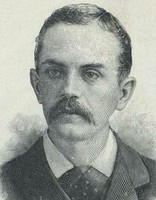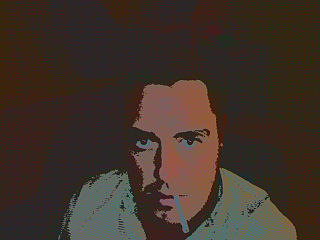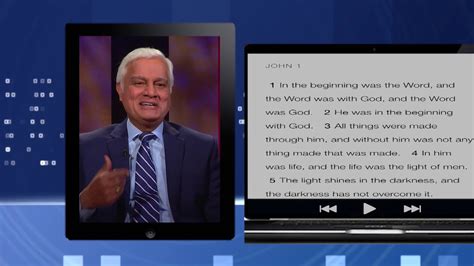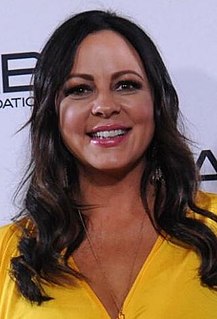A Quote by Eben Alexander
I understand what happens to the brain when people are near death, and I had always believed there were good scientific explanations for the heavenly out-of-body journeys described by those who narrowly escaped death.
Related Quotes
Misunderstanding may arise by confusing the Buddhist and scientific definitions of death. Within the scientific system you spoke quite validly of the death of the brain and the death of heart. Different parts of the body can die separately. However, in the Buddhist system, the word death is not used in that way. You'd never speak of the death of a particular part of the body, but rather of the death of an entire person. When people say that a certain person died, we don't ask, "Well, which part died?"
Death is not regarded as a natural affair by primitive man. Death is believed to be due to the intervention of some malevolent or at least not well disposed power. Normally it should not take place. So we have all through history crude explanations of death, as e.g., the influence of the serpent, the devil, sin.
The quantum death of Philip Seymour Hoffman. 24 hours before he was "officially" declared dead it was announced on the internet that he had already died. Many people were shocked to hear of his "official" death, especially those who had believed he was already dead. Philip Seymour Hoffman was both dead and alive in the minds of millions simultaneously. A rare death for a rare actor.
There is another side to death. Whether death happens through an act of violence to a large number of people or to an individual, whether death comes prematurely through illness or accident, or whether death comes through old age, death is always an opening. So a great opportunity comes whenever we face death.
With the near-death or clinical near-death phenomenon some people who are brought back from 'death' have reported being alive the entire time they were 'dead.' This phenomenon occurs among people with a wide diversity of religious belief and no religious belief at all - from atheists to Zen Buddhists.
As a sick kid, I always looked out the window. The objects of my observation were the sun, the seasons, the wind, crazy people, and my grandfather's death. During my long period of observation, I felt that something like poems were filling up my body. They were in some kind of state and condition that made them difficult to render into words. As a university student, I tried hard to write them in Korean. It was at that time that I foresaw my death and the world's death. I think my poems started at that time.
There is no single best kind of death. A good death is one that is "appropriate" for that person. It is a death in which the hand of the way of dying slips easily into the glove of the act itself. It is in character, ego-syntonic. It, the death, fits the person. It is a death that one might choose if it were realistically possible for one to choose one's own death.
Someone's killed 100,000 people. We're almost going, "Well done! You killed 100,000 people? You must get up very early in the morning! I can't even get down the gym. Your diary must look odd: 'Get up in the morning, death, death, death, death, death, death, death - lunch - death, death, death - afternoon tea - death, death, death - quick shower ...' "
The thing that you have to understand about those of us in the Black Muslim movement was that all of us believed 100 percent in the divinity of Elijah Muhammad. We believed in him. We actually believed that God, in Detroit by the way, that God had taught him and all of that. I always believed that he believed in himself. And I was shocked when I found out that he himself didn't believe it.




































